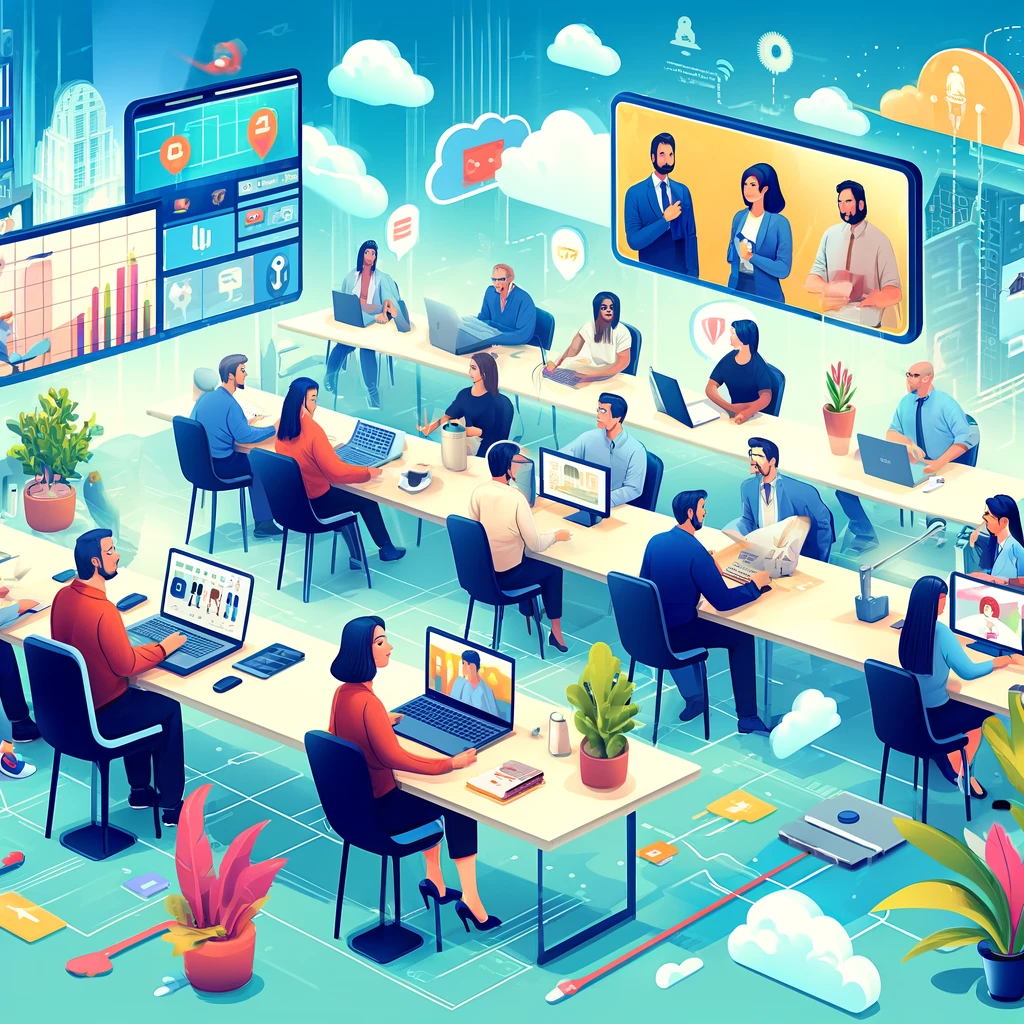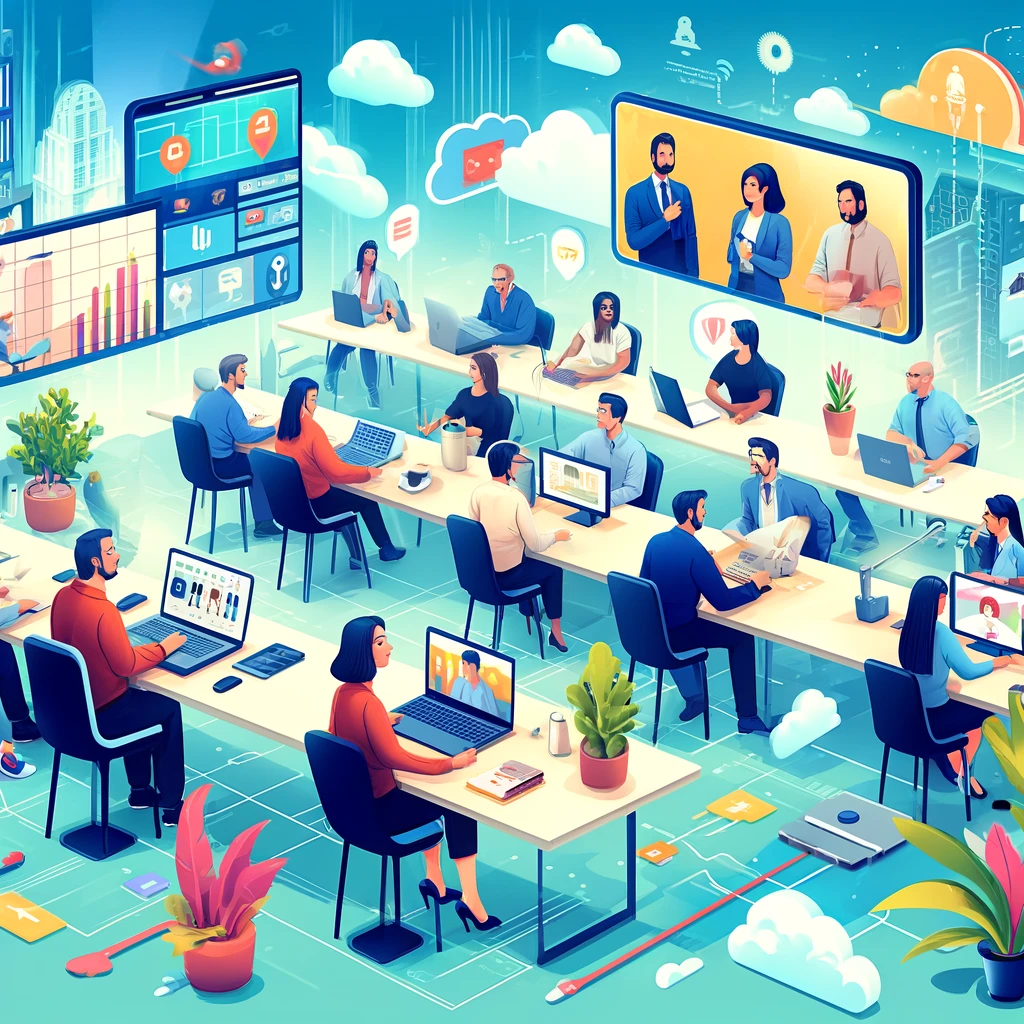The landscape of remote work has shifted dramatically in recent years, with the COVID-19 pandemic accelerating its adoption. As we look towards 2025, several trends and predictions emerge that will shape the future of remote work, creating new opportunities and challenges for businesses and employees alike.
Hybrid Work Models
One of the most significant trends is the rise of hybrid work models. Companies are increasingly adopting flexible approaches that combine remote work with in-office presence. This model allows employees to enjoy the benefits of both worlds—working from home for increased flexibility and productivity, and collaborating in-person for team building and innovation.
Advanced Collaboration Tools
The demand for advanced collaboration tools is expected to grow. Tools that facilitate seamless communication, project management, and virtual meetings will continue to evolve, becoming more sophisticated and user-friendly. Innovations in augmented reality (AR) and virtual reality (VR) are likely to enhance remote collaboration, making virtual interactions more immersive and effective.

Focus on Employee Well-being
Employee well-being will be a top priority for organizations. Companies will invest in mental health resources, wellness programs, and ergonomic home office setups to support their remote workforce. Flexible work hours and the ability to work from different locations will also contribute to a better work-life balance, reducing stress and burnout.
Cybersecurity and Data Protection
With the increase in remote work, cybersecurity and data protection will become even more critical. Organizations will need to implement robust security measures to protect sensitive information and prevent cyberattacks. This includes using secure communication platforms, conducting regular security audits, and providing employees with cybersecurity training.
Talent Acquisition and Retention
The shift to remote work has expanded the talent pool, allowing companies to hire the best candidates regardless of their location. This trend will continue, making it essential for organizations to develop strategies for remote talent acquisition and retention. Offering competitive salaries, career development opportunities, and a positive remote work culture will be key to attracting and retaining top talent.
Sustainable Practices
Remote work can contribute to sustainability by reducing the need for commuting and decreasing the carbon footprint of office buildings. Companies will increasingly adopt sustainable practices, such as encouraging remote work to minimize environmental impact and investing in energy-efficient technologies for home offices.
Regulatory and Legal Considerations
As remote work becomes more prevalent, regulatory and legal considerations will evolve. Governments and organizations will need to address issues related to employment laws, taxation, and employee rights in a remote work environment. Clear policies and guidelines will be essential to ensure compliance and protect both employers and employees.
The Role of AI and Automation
Artificial intelligence (AI) and automation will play a significant role in the future of remote work. AI-powered tools can enhance productivity by automating repetitive tasks, providing data-driven insights, and facilitating better decision-making. Automation will also help streamline workflows and improve efficiency in a remote work setting.
The Global Remote Workforce
The concept of a global remote workforce will become more common. Companies will build diverse and inclusive teams that span multiple time zones and cultures. This diversity will drive innovation and creativity, as different perspectives and ideas come together to solve complex problems.
